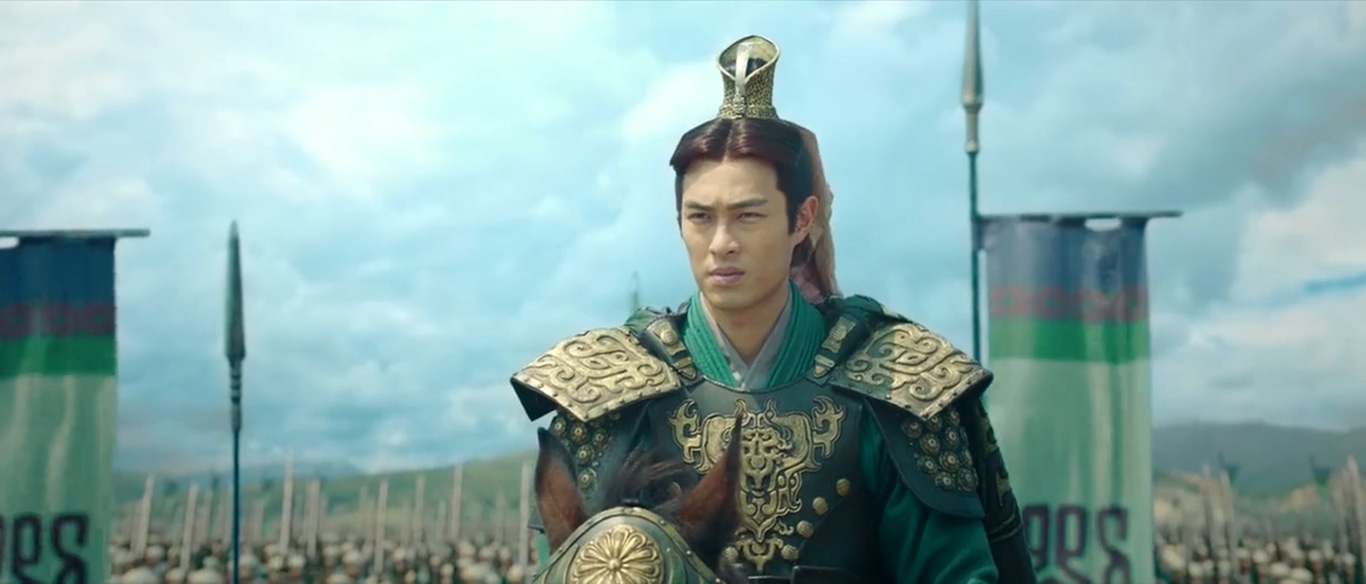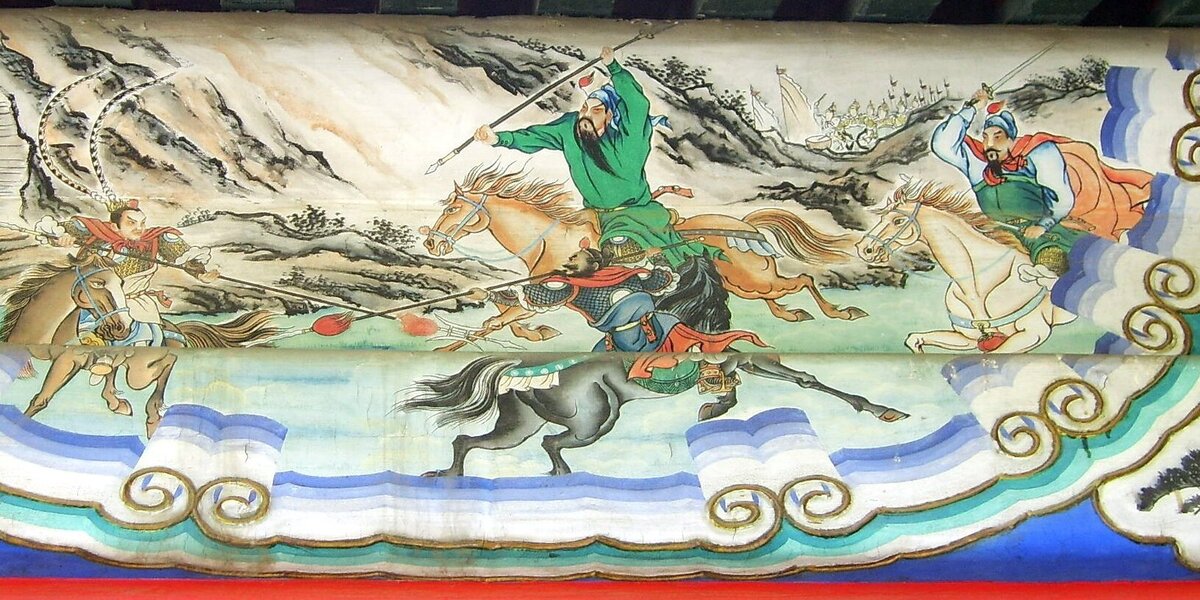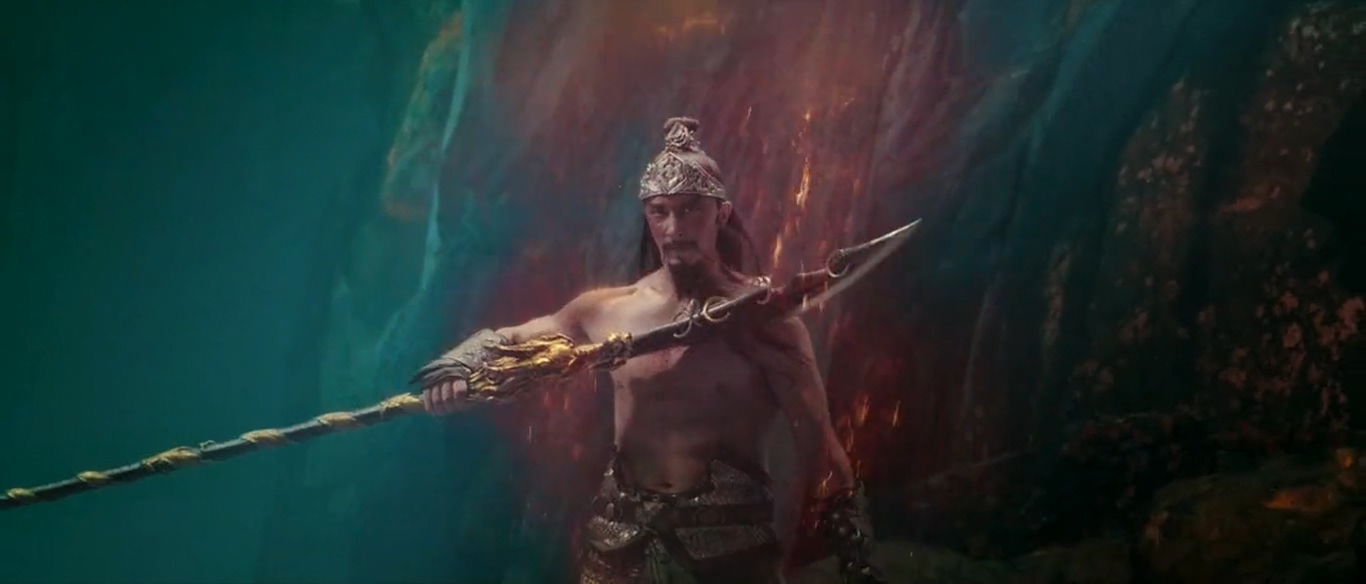Chinese cinema has made a lot of progress in the past few years. Directed by Roy Chow, the historical epic drama film ‘Dynasty Warriors’ is a film with a grand narrative and an even grander visual depiction. Unfolding like an action-adventure saga, the story of the film revolves around a group of warlords who come together to defeat the usurper king. Along with eighteen warlords and their troops, three brothers claiming to be from the royal lineage lead the rebel forces, while a runaway royal guard lends his diplomatic cunning to win the battle. On the treacherous king’s side, divinely ordained general Lu Bu fights against the rebels.
Containing earth-shattering fight sequences, hair-raising chases on horseback, and a healthy dose of spectacular visual effects, the film is quite a catch for the action-adventure lover. The vast landscape of the country provides a breadth of vision, and the epic scale of production does justice to the story. However, after watching the film in its entirety, you may be left wondering how much of the story is actually based on real-life events. If the question of credibility has popped up in your mind, let us investigate on your behalf.
Is Dynasty Warriors Based on A True Story?
‘Dynasty Warriors’ is loosely based on a true story. The heavy use of special effects may lead you to believe that the story lies in the realm of fiction, but you would be astonished to know that the narrative is tethered to the troubled history of medieval China to a great extent. Let us trace the source of inspiration. The screenplay of the film, written by writer-producer To Chi-long, is based on the popular video game franchise of the same name created by Omega Force and Toei. The hack-and-slash game series is itself a follow-up of Toei’s earlier turn-based strategy game ‘Romance of the Three Kingdoms.’ The strategy game borrows its name from the historical novel by Luo Guanzhong of the same name, which is considered one of the four great classics in canonical Chinese literature. The novel, again, takes its inspiration from the Chinese historical text ‘Records of the Three Kingdoms’ by late Han-era historian Chen Shou.

Therefore, all the visceral epic elements notwithstanding, the core of the story is very much tethered to reality. The names are also retained from the historical document. However, it is perhaps understandable that the director fully exercised his creative license to make the story more appealing to the general public. The story begins with a battle between the rebellious Yellow Turbans and the royal army. Although the real Yellow Turbans were not like zombies, they existed in history. And Zhang Jian was indeed their leader. If we look back at history, we shall find that in 184 AD, Taoist leader Zhang Jiao gathered a massive army and waged war against the government, which would be known as the “Yellow Turban Rebellion” in relevant historiography. The rebels set up 36 bases throughout the country. Although the story simplifies history to an extent, frontier general Dong Zhuo indeed came to power in the aftermath of Emperor Ling’s death.

The general came back from the war front to the capital city of Luoyang. General Lu Bu sided with Dong Zhuo by assailing his warlord Ding Yuan. As a direct consequence, rebellion erupted throughout the country, and the provincial warlords formed a coalition against the general. Sun Jian and Cao Cao took up arms and gathered forces under chief Yuan Shao to initiate the punitive expedition, just like in the film. The historical novel ‘Romance of the Three Kingdoms’ depicts the rebellion in high and lofty tones, episodes of which are still enacted in the Chinese opera. The film takes two of its major battle sequences from the epic novel, firstly, Guan Yu’s triumph over Hua Xiong, and secondly, the duel between the three blood brothers and Lu Bu. Unfortunately, both of them are fictional. Hua Xiong was actually killed in a fight with Sun Jian’s army, and the three sworn brothers never took an active part in the campaign. These minor embellishments set aside; it seems that the story is well-rooted in the history of China.

